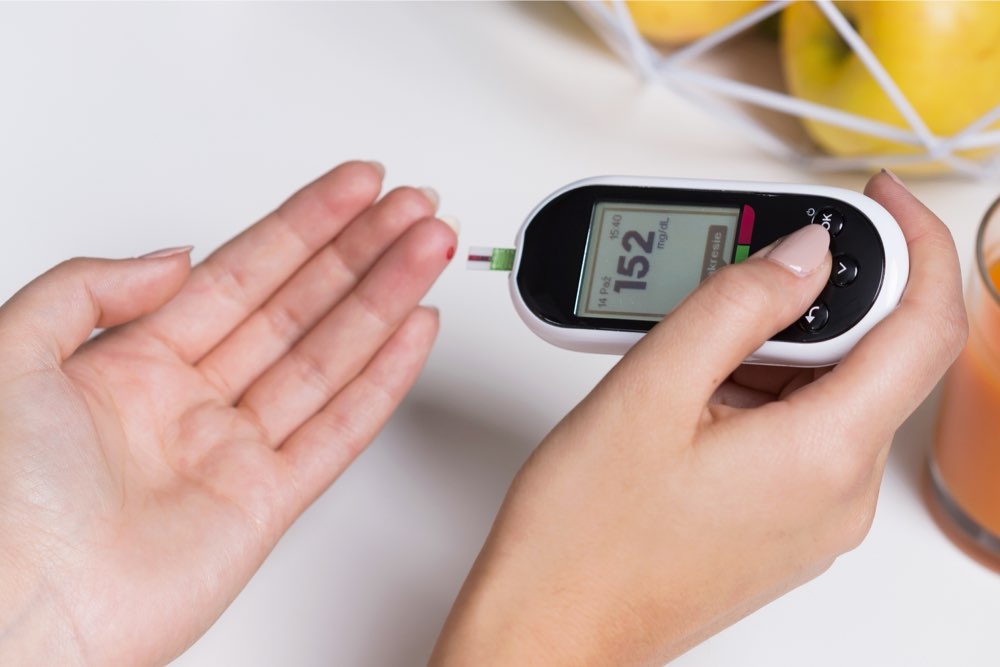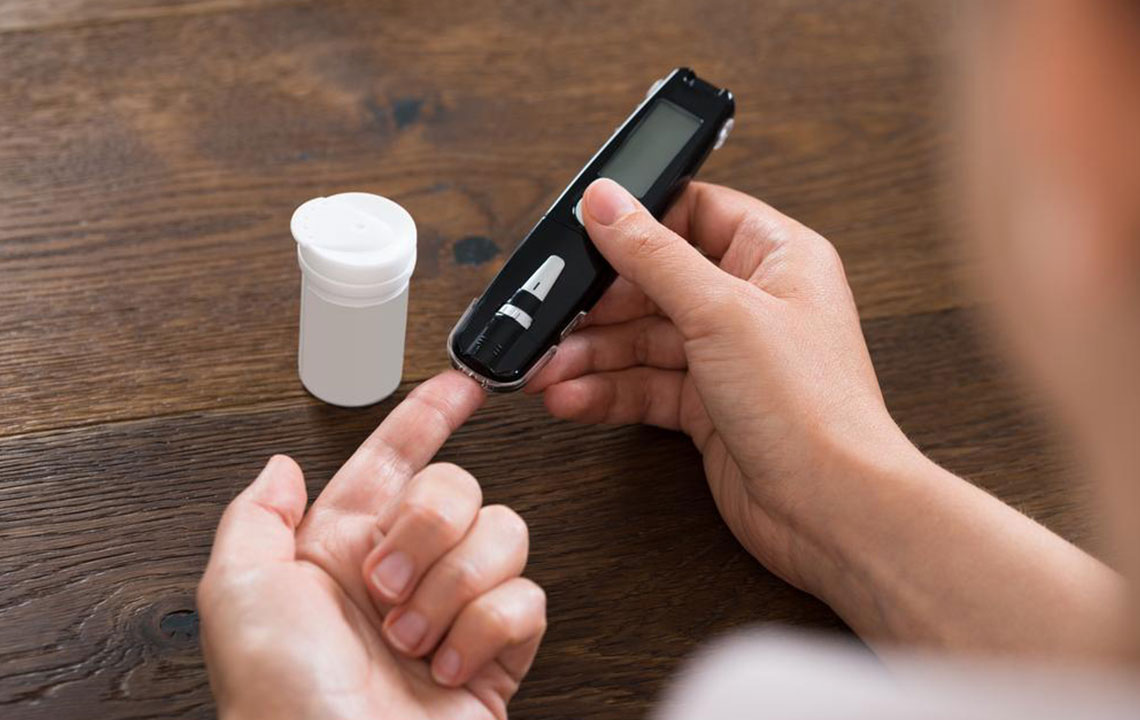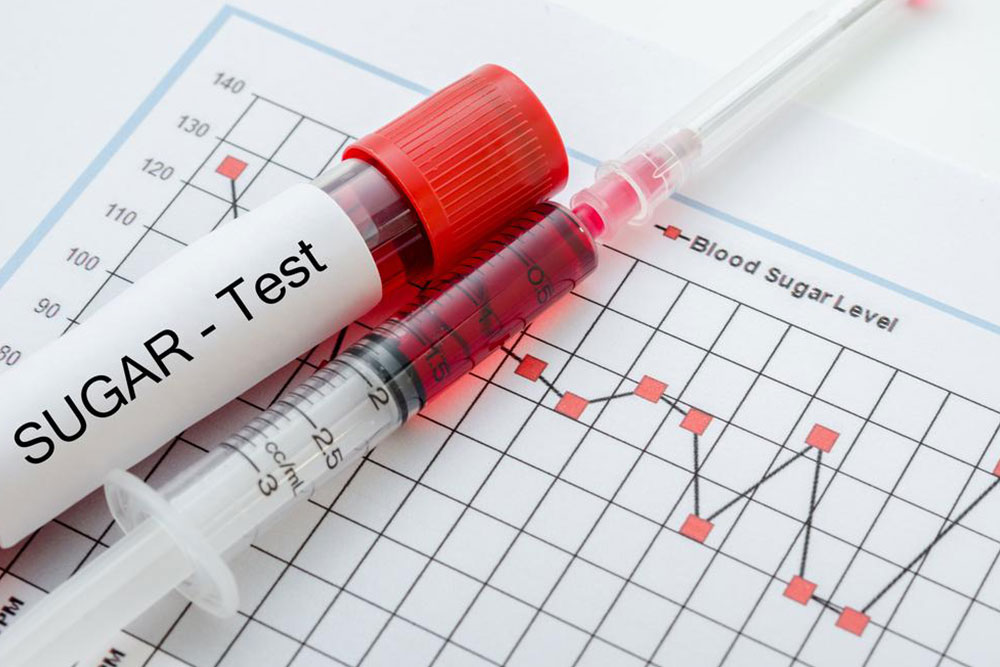Comprehensive Guide to Maintaining Healthy Blood Sugar Levels for Better Well-Being
Maintaining optimal blood sugar levels is vital for overall health and diabetes prevention. This comprehensive guide covers normal ranges, dietary tips, exercise, and lifestyle changes to help manage blood glucose effectively. Implementing these strategies can promote metabolic health, prevent complications, and enhance quality of life through consistent blood sugar regulation.

Comprehensive Guide to Maintaining Healthy Blood Sugar Levels for Better Well-Being
Achieving and maintaining balanced blood sugar levels is essential for overall health and preventing chronic diseases such as diabetes. Fluctuations in blood glucose can cause a range of health issues, including fatigue, dizziness, and more severe complications if unmanaged over time. The cornerstone of blood sugar management involves adopting lifestyle strategies that promote stability and regular monitoring. While medication may be necessary for some, natural approaches like tailored diet plans and consistent physical activity play a vital role in maintaining optimal blood glucose levels. This in-depth guide explores important factors affecting blood sugar, practical tips for stabilization, and how to adopt a lifestyle that fosters metabolic health.
Understanding Normal Blood Glucose Levels
One of the fundamental steps in blood sugar management is understanding what constitutes healthy ranges. According to established medical guidelines, fasting blood glucose levels should be below 100 mg/dL. This level indicates that the body is efficiently managing glucose without excess buildup. Post-meal blood sugar levels, typically measured two hours after eating, are considered normal if they are under 140 mg/dL. Levels outside these ranges could suggest insulin resistance or other metabolic issues, which necessitate prompt consultation with healthcare professionals for proper diagnosis and tailored intervention. Monitoring your blood sugar regularly and understanding these benchmarks can empower you to make informed health decisions and prevent potential complications.
Effective Tips to Control Blood Sugar Fluctuations
Maintaining steady blood glucose levels requires a combination of dietary choices, physical activity, and lifestyle modifications. Here are scientifically supported tips to help you manage blood sugar effectively:
Incorporate Healthy Nuts into Your Diet: Nuts such as almonds, walnuts, and pistachios are rich in healthy fats, fiber, and protein, which can slow the absorption of glucose into the bloodstream. Daily consumption of recommended amounts—about a handful—can support stable blood sugar levels and improve overall metabolic health.
Choose Whole Grain Products: Whole grains like oats, barley, brown rice, and quinoa contain high levels of soluble fiber. This type of fiber forms a gel-like substance in the digestive system, which slows down carbohydrate digestion and absorption, preventing spikes in blood glucose after meals. Regular inclusion of whole grains can significantly enhance blood sugar control.
Eat More High-Fiber Vegetables: Vegetables such as broccoli, cucumbers, carrots, spinach, and bell peppers offer high fiber content with low calorie density. Fiber-rich vegetables help eliminate excess sugar from the bloodstream, promote satiety, and regulate blood glucose levels over time.
Engage in Regular Physical Activity: Exercise is one of the most effective ways to enhance insulin sensitivity. Incorporating at least 30 minutes of moderate to vigorous exercise, such as brisk walking, cycling, swimming, or aerobic classes, most days of the week can drastically improve blood sugar regulation. Physical activity not only burns glucose for energy but also improves muscle insulin sensitivity, reducing the risk of developing type 2 diabetes.
Maintain Consistent Meal Times and Portion Control: Eating meals at regular intervals helps maintain insulin sensitivity and prevents excessive fluctuations in blood sugar. Portion control is equally important to avoid overconsumption of carbohydrates, which can lead to hyperglycemia.
Limit Intake of Sugary Foods and Beverages: Reducing consumption of candies, sodas, baked goods, and other high-sugar items minimizes rapid spikes in blood glucose, supporting overall glycemic control.
Manage Stress and Prioritize Adequate Sleep: Chronic stress and poor sleep hygiene can elevate blood sugar levels due to hormonal imbalances. Practices like meditation, yoga, and ensuring 7-8 hours of quality sleep each night can help maintain hormonal balance and promote healthy blood glucose levels.
By integrating these strategies into your daily routine, you can significantly improve your body's ability to regulate blood sugar. Consistency and mindfulness are key, and consulting health professionals for personalized advice remains essential. Lifestyle adjustments that promote balanced blood glucose levels not only enhance energy and mood but also reduce the risk of developing long-term complications like cardiovascular disease and nerve damage. Taking proactive steps today can lead to a healthier, more vibrant life in the future.





